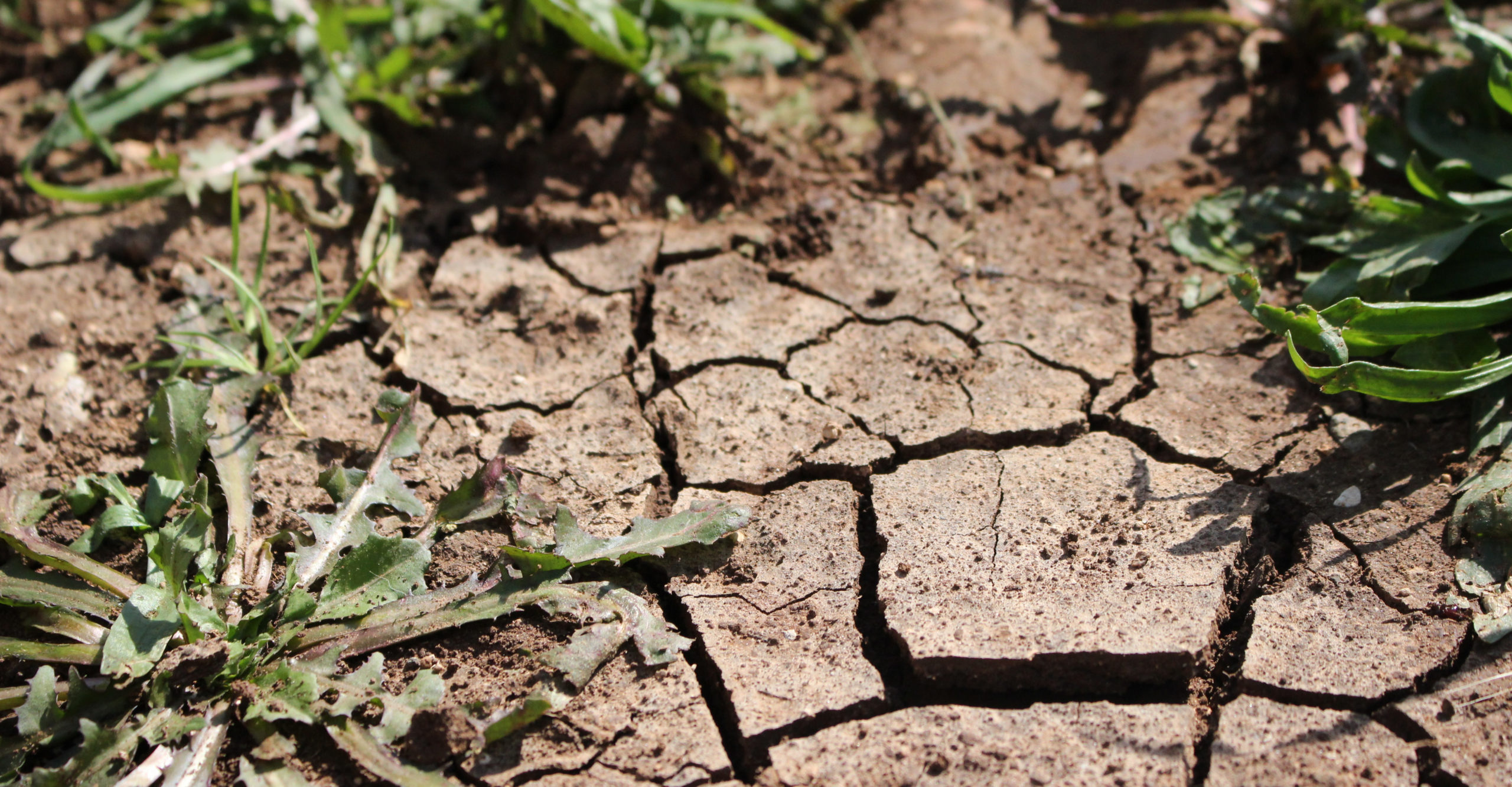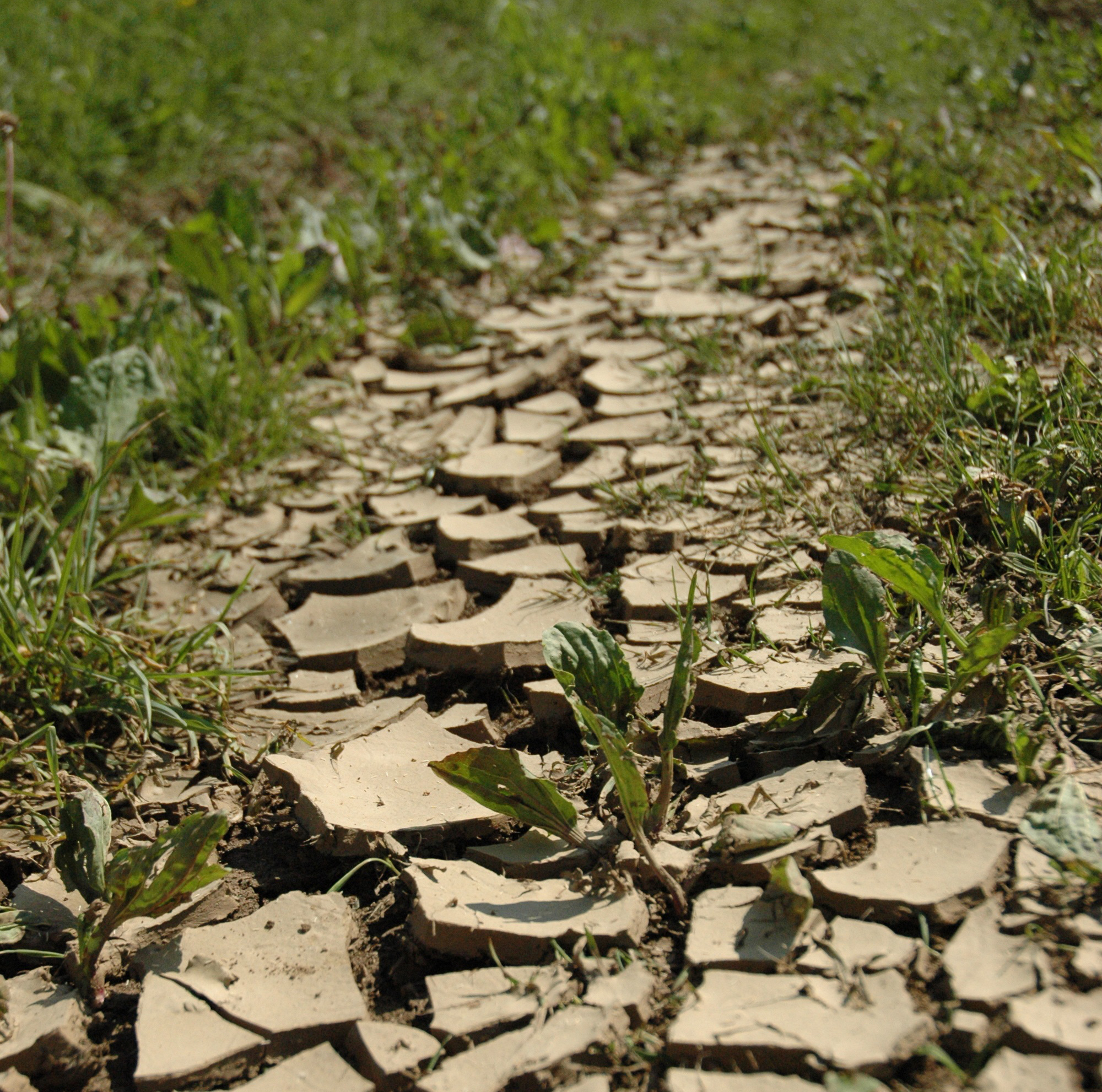With temperatures set to soar again this week, a paucity of rain and impending hose pipe bans, how do you keep your garden going? R&A gardening expert Cathie Welch has some advice
As I write this we are being warned that temperatures are going to climb to over 40 degrees! Many people are asking how we deal with this in our gardens. Once it hits there is very little we can do about extremes of hot and cold that descend on us unexpectedly.
The lawn
Lawns naturally have a dormant season in the summer and there is no need to waste precious water trying to keep it green. Once the rains arrive in the autumn it will green up again but will need some tlc so get scarifying, aerating and topdressing. I found my grasses went brown very quickly but the lawn ‘weeds’ thrived.
The flower beds
You may have lost a few of your plants in the recent hot spells even though you tried your hardest to water them. Accept there was nothing you could do and move on. Make plans to improve the soil structure by adding organic matter and don’t forget to mulch as you weed. Consider installing drip irrigation for the future.
Pots
Plants in pots do not tolerate drying out but this can be alleviated by using a good quality compost such as wool which holds onto the water for longer. Once they have dried out it’s very difficult to get them wet again so consider plunging and soaking the root ball or top dressing with wool compost before watering thoroughly.
Lawns naturally have a dormant season in the summer and there is no need to waste precious water trying to keep it green

New plants
Do not even consider planting in the summer months unless you have an irrigation system or you are sure the water is reaching all the way down to the roots. If you must plant, place an upside down water bottle or piece of pipe next the plant to fill up each day. I’ve seen bags next to newly planted trees which act as a reservoir. Trees are notorious for dying in the drought and many suffer from ‘establishment failure’. Whether planting in the spring or autumn it is that first summer that is critical. When you have watered the plant check how wet it is by scraping the surface of the soil. You would be amazed how little the water penetrates despite spending hours of your time watering!
Old plants
Unfortunately I remember only too well the summer of 1976 after which many established trees suffered from dieback as the water table dropped below the depth of their roots in the Summer.
Moving forward
• Improve your soil by adding organic matter.
• Prevent evaporation by mulching.
• Irrigate if you can and at the very least harvest as much rainwater as you can by placing water butts and containers under every pipe and gutter.
• Learn from the plants that thrived in the heat and the ones that died.
• Think very carefully when planting new plants. If you are choosing Mediterranean plants, plant in the spring and not the autumn as they could rot over winter.
• Get to know your soil type and research the plants that would do well in your garden.

Find out more
More advice on this and other garden topics at www.cathiesgardeningschool.co.uk











